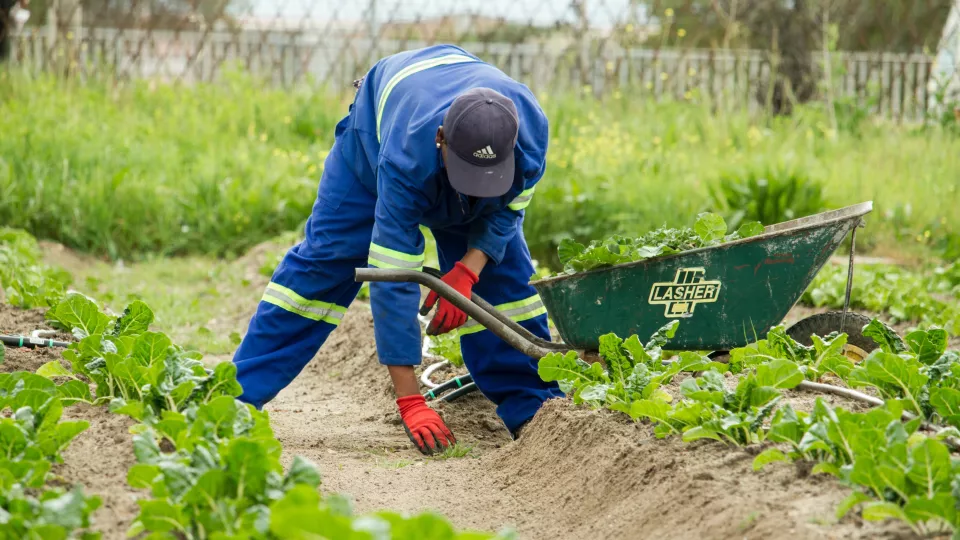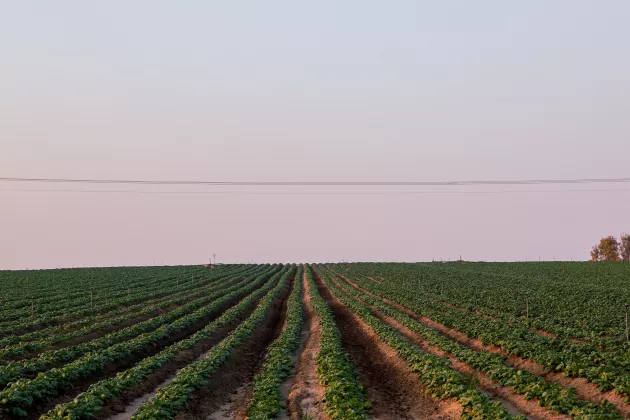A systematic literature review of 27 peer-reviewed articles
Farmers as volunteers in research could potentially provide a rich resource for exploring sustainable agricultural research questions. To discern emerging patterns in citizen science-based studies on topics with relevance for sustainable agriculture, and reveal salient challenges and opportunities for conducting such studies, we conducted a systematic literature review of 27 peer-reviewed articles from the period 2004-2019 out of 250 publications screened from Google Scholar.
These articles were thematically grouped under the topics: Soil health, climate adaptation, pest/pathogen monitoring, invasive species, inputs and outputs, and pollination.
Participants’ characteristics, motivations, study design and project outcomes in the reviewed articles were summarised and discussed. Both observational and experimental studies were represented in the articles, while emerging trends point towards field experimentation and ‘Large-N’ trials by lay farmers.
Methodological issues
Crowdsourcing lends itself to projects where the main role of the public is local visual observations and reporting, such as in pest/pathogen monitoring. Challenges included methodological issues such as validation procedures, but above all motivation, recruitment, and retention of volunteers.
The role of citizens was restricted to data collection
Despite the importance of participatory approaches for deeper citizen involvement for sustainability transitions and for the quality of knowledge outcomes, the role of citizens was overall restricted to data collection. Several of the methodologies proposed would be difficult to implement in low-income countries, and relatively few studies pertained to agricultural concerns of the global South.
To lend value to farmers' time, we recommend projects relevant to livelihoods, health issues or local farming problems, accompanied by well-structured data feedback protocols, routing study results back to farmers.
Key words:
Sustainable agriculture
Citizen science
Farmers Methodologies
Photo by Anaya Katlego on Unsplash



